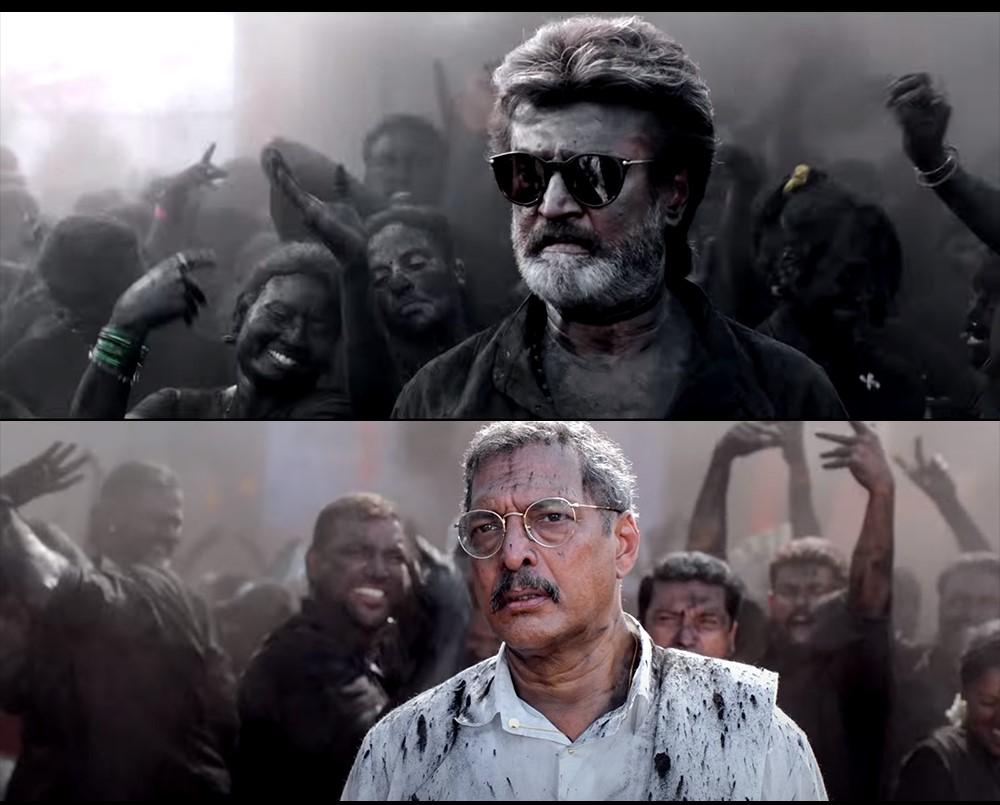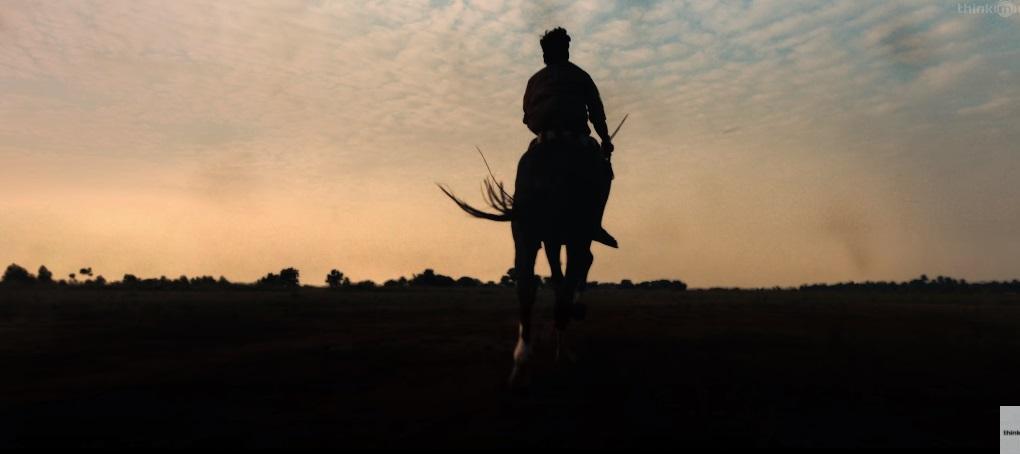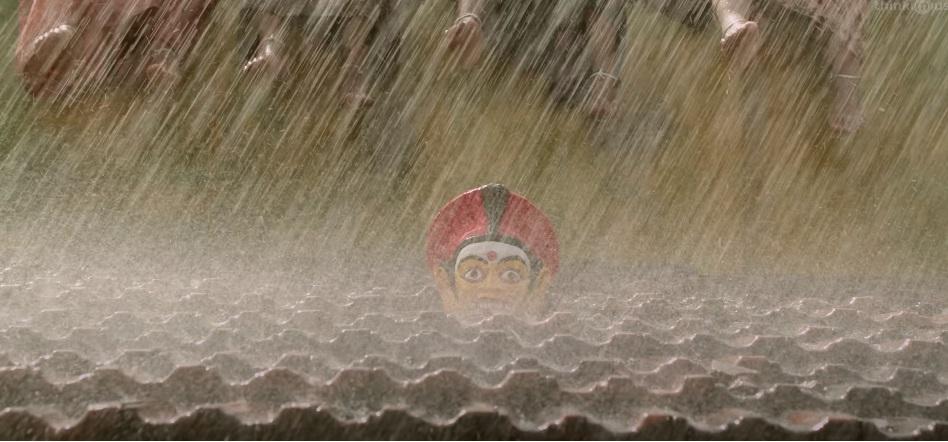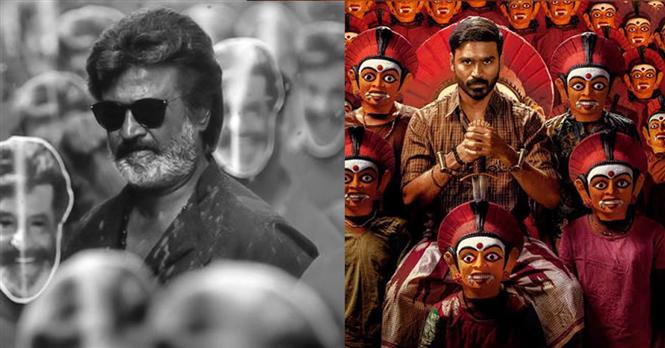Pa Ranjith’s Ramayanam & Mari Selvaraj’s Mahabharatham - An analysis on counter narratives
Meera D Chithirappaavaai
The basis of our culture, tradition & understanding of life largely depends on the stories of the past. This directly implies the power of stories & the art of storytelling. The stories have been passed on to different generations in multiple forms & that becomes the foundation of our existence. While some stories’ narrative is strengthened with historical or scientific backing, some stories remain on the table open to debate.
To simplify this, imagine a conflict between party A & B. Now how different would the narratives of two narrators be if they told their story with a personal bias? The narrator who writes from the point of view of Party A will protagonise it while the other narrator will protagonise party B. This alternative possibility of narration forms the basis to counter nations.
The two great epics Ramayana & Mahabharatha are no exception to the aforementioned theory. Many filmmakers through their work have played around to contemporize the epics to suit the current age. While Mani Ratnam stands at the forefront to have successfully narrated the modern version of the epic through his films Thalapathy & Raavanan, we have directors Pa. Ranjith & Mari Selvaraj offer a counter narrative of the epics through their films Kaala & Karnan, respectively.
Pa Ranjith’s Kaala
Ramayanam is a go-to tale if we have to highlight the quote “Good triumphs over evil”. This stands as a basis for many films where a protagonist takes over an antagonist to let “goodness” or “purity” win. While this is a tested & successful formula, director Ranjith wants to twist the concept a bit. He makes the titular character “Kaala” the symbol of Raavan or Yemen (the god of death). He through every scene tries to break the stereotype of associating anything black with bad and anything white to purity.

The ultimate point is when Hari Daada (the symbol of Ram or purity) is seen losing the war against Kaala (the symbol of Raavan or evil) in the climax of the film. The narrator further positions the character Kaala as not a person but as an idea that is INVINCIBLE ! The film stands as a successful counter narrative that challenges all the misconception & prejudice one holds against the character Raavan & redefines the power of the storyteller who can reconstruct an epic that stands as the holiest tale for the majority of people of India.
Mari Selvraj’s Karnan
Mahabharatham holds the Kurukshetra War as its epicenter & narrates different incidents & scenarios that lead to this war. Mari Selvaraj's story in Karnan is a similar narrative that builds up to the ultimate war that the villagers of Podiyankulam prep to fight in the climax. The titular character Karnan is denied of all & any resemblance to the character Karnan from Mahabharatham. The lyrics

“Suriyanum pekkavila santhiranum satchiyila”
& “Kavasathaiyum kandathil, Yentha kundalumum kudayila”
in the opening song “Kanda Vara Sollunga” is where the director reiterates that his Karnan is not the one we have heard of. Despite the counter characterization of Karnan, some interactions of this character with other characters like Draupadi (Rajisha Vijayan), Yaman (Lal) & Kannabiran (Natty) draw parallels between the film & Mahabharatam.

Mari Selvaraj the storyteller decides to make his Karnan a smart warrior that doesn't let Krishna play him. On the contrary, Karnan is seen questioning Krishna (Kannabiran - The police officer) & further proceeds to exterminate him. This point strengthens Mari Selvaraj's counter narrative questioning the base virtue of the popular Karnan of Mahabharatham positively. Some warriors needn’t be benevolent but they need to be aggressive to save the day for his people & Mar’s Karnan just did that.
In this film the character Kaatupechi (Karnan’s younger sister portrayed like the Village deity) is shown as the idea that is INVINCIBLE.
The impact of counter narratives
There already exists a popular genre called alternate history which is a speculative fiction that revolves around some “What if”s & “why not”s coined in historical stories. This intends to present fictional outcomes by tweaking crucial parts of history. This practice opens up a wider thought around a particular incident & reduces the restriction in the understanding of the story. Counter narrative is a similar practice that can empower the viewer to question the very base of scripture in hand the meager authenticity of it. These questions may reflect bias, suppression & manipulation of a narrator & offer a larger perspective to analyze. Pa Ranjith & Mari Selvaraj set out to do the same thing through their works that not only questions the narrative of the epic but the philosophy that these epics have offered in becoming the core of a whole country’s political ideology.


The impact is higher in the case of Kaala & Karnan largely because of the effective use of the film language to do so. A storyteller needs to understand the USPs of the medium through which he decides to narrate his story. The customization of his story for the medium & the consumers of the medium makes the whole process an efficient one.
Here’s to looking forward to experiencing more of such efficient stories that offer the viewer the opportunity to think & rethink.
